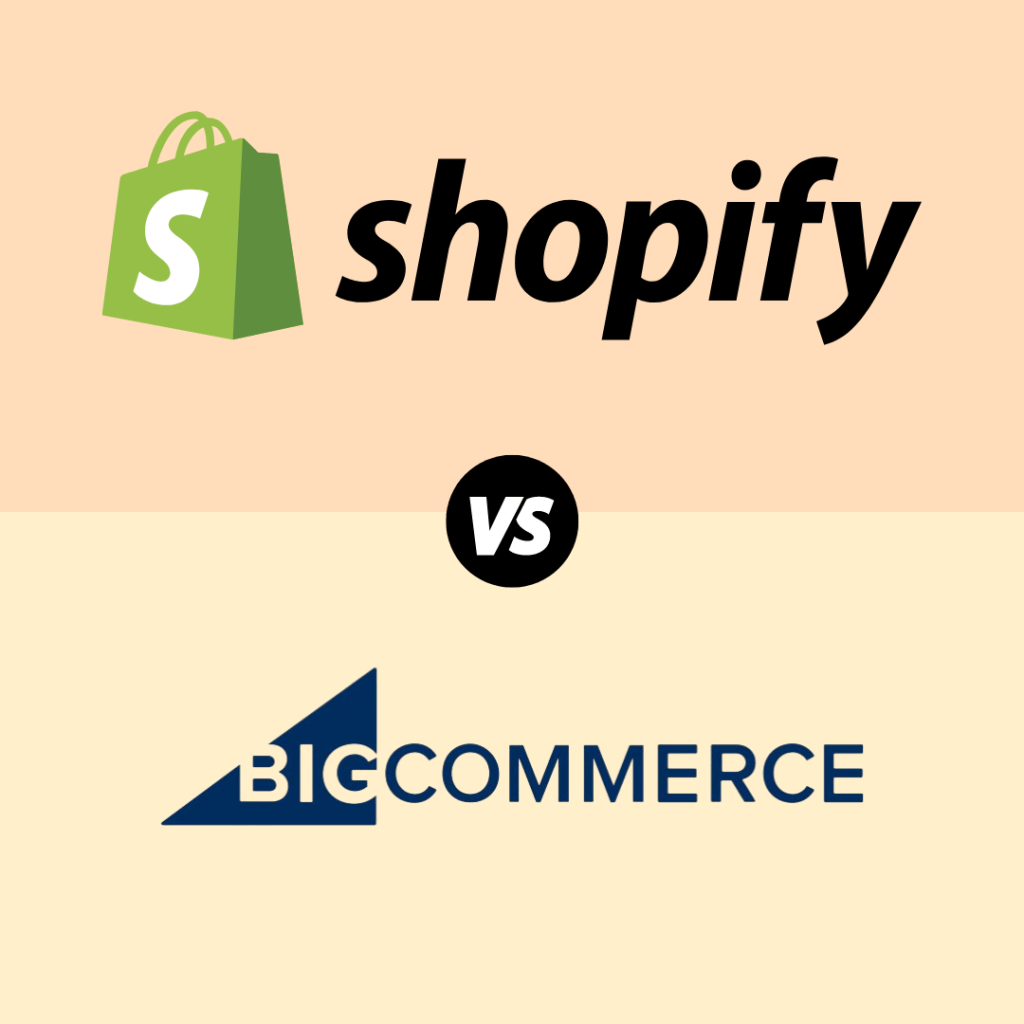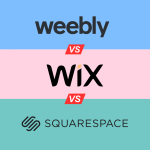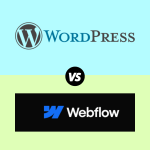When it comes to choosing the right e-commerce platform, Shopify and BigCommerce are two of the most popular options. Both platforms offer robust features, user-friendly interfaces, and the ability to scale as your business grows. However, they have distinct differences that may make one a better fit for your business than the other. This blog post will break down the key features, pros, and cons of Shopify and BigCommerce to help you make an informed decision based on your business needs, goals, and experience level.
Overview: Shopify vs. BigCommerce
Shopify is renowned for its ease of use, making it ideal for beginners and small to medium-sized businesses. It offers a wide range of templates, an extensive app store, and a straightforward setup process. Shopify is known for its strong community support and flexibility, allowing users to create beautiful online stores without technical expertise.
BigCommerce, on the other hand, is a powerful platform designed for growing and large businesses. It offers more built-in features out of the box, reducing the need for third-party apps. BigCommerce is ideal for businesses that need advanced functionality and want to avoid additional app costs. However, it has a steeper learning curve compared to Shopify.
Key Features Comparison
| Feature | Shopify | BigCommerce |
|---|---|---|
| Ease of Use | Shopify is known for its intuitive, user-friendly interface. It’s easy to set up and manage your store, making it ideal for beginners or those with limited technical skills. | BigCommerce has a steeper learning curve due to its more extensive built-in features. However, once mastered, it offers more control and customization options. |
| Design Flexibility | Offers over 70 professional templates (10 free, the rest paid) with the ability to customize via the Shopify Theme Editor. The platform also supports custom coding for more advanced users. | BigCommerce offers 12 free themes and over 100 paid themes. It also allows for significant customization through HTML/CSS, making it ideal for those who need more design control. |
| Built-In Features | Shopify relies on third-party apps for extended functionality. While the core features are solid, you may need to purchase apps for advanced capabilities like SEO tools, upselling, or detailed analytics. | BigCommerce shines with its comprehensive built-in features, such as advanced SEO tools, multi-channel integration, and more robust product management. This reduces the reliance on third-party apps. |
| SEO Capabilities | Shopify’s SEO features are solid, though some may require apps to optimize fully. The platform supports basic SEO best practices, including custom URLs, meta tags, and alt text for images. | BigCommerce excels in SEO with more advanced, built-in features, including detailed product URLs, Google AMP, and automatic schema markup, which can help boost search engine rankings. |
| Payment Options | Shopify supports over 100 payment gateways, including Shopify Payments, which has no transaction fees. Using third-party gateways incurs an additional transaction fee (up to 2%). | BigCommerce also supports over 100 payment gateways, including PayPal, Stripe, and Square, without additional transaction fees, making it more cost-effective for using external gateways. |
| Scalability | Shopify is highly scalable, suitable for businesses from small startups to large enterprises. It offers various plans to support growth, but additional costs can accumulate through third-party apps as you scale. | BigCommerce is designed to handle complex, large-scale businesses out of the box, with fewer reliance on apps. It’s an excellent choice for rapidly growing businesses needing more built-in functionality. |
| Multi-Channel Selling | Shopify integrates well with major social media platforms, Amazon, eBay, and more, making multi-channel selling straightforward and effective. | BigCommerce offers native integration with multiple channels, including Amazon, eBay, Facebook, and Instagram. It also supports B2B wholesale features, making it a strong choice for businesses with diverse sales strategies. |
| Customer Support | Shopify provides 24/7 support through chat, email, and phone. It also has an extensive knowledge base, community forums, and expert support. | BigCommerce also offers 24/7 support through chat, email, and phone, along with an in-depth knowledge base. However, some users find Shopify’s support more responsive. |
| Pricing | Plans start at $39/month, with additional costs for apps, themes, and transaction fees for third-party payment gateways. Shopify offers three main pricing tiers and a Shopify Plus plan for enterprises. | BigCommerce starts at $39/month, with no transaction fees and more features included in the base price. The pricing tiers are based on sales volume, making it scalable but potentially more expensive for high-revenue stores. |
Pros and Cons
Shopify
| Pros | Cons |
|---|---|
| Very user-friendly and easy to set up | Can become expensive with app add-ons |
| Extensive app store for customization | Transaction fees for third-party gateways |
| Strong multi-channel selling capabilities | Limited built-in features, reliant on apps |
| Wide range of professional themes | Less flexibility in customizing checkout pages |
BigCommerce
| Pros | Cons |
|---|---|
| Advanced built-in features reduce the need for apps | Steeper learning curve for beginners |
| No transaction fees for third-party payment gateways | Themes are less diverse and can be pricier |
| Excellent SEO capabilities | Pricing increases with revenue growth |
| Better for larger, more complex businesses | Fewer free themes compared to Shopify |
FAQ
1. Which platform is better for small businesses?
- Shopify is generally better for small businesses due to its ease of use and extensive app store. It allows you to get up and running quickly with minimal technical skills.
2. Which platform offers more value for money?
- BigCommerce can offer more value if you need advanced features out of the box, as it reduces the need for third-party apps, which can add to costs over time.
3. Which platform is better for scaling a business?
- Both platforms are scalable, but BigCommerce is more suited for larger businesses with complex needs due to its robust built-in features and lack of transaction fees.
4. Can I switch from Shopify to BigCommerce or vice versa?
- Yes, you can switch, but it requires careful planning, especially regarding product data, URLs, and SEO to avoid losing rankings.
5. Which platform is better for SEO?
- BigCommerce offers more advanced SEO tools out of the box, which can be beneficial for businesses heavily reliant on organic traffic.
Conclusion
Choosing between Shopify and BigCommerce depends on your business needs, goals, and experience level.
- Shopify is ideal for those looking for a user-friendly platform with plenty of apps and customization options. It’s perfect for small to medium-sized businesses that prioritize ease of use and multi-channel selling.
- BigCommerce is better suited for larger businesses that require more advanced features from the get-go. Its built-in functionalities, lack of transaction fees, and superior SEO capabilities make it a strong contender for companies expecting rapid growth or those already operating at scale.
Before deciding, consider your business goals, the complexity of your product offerings, your need for customization, and your technical expertise. Both platforms have a lot to offer, but aligning their strengths with your specific needs will lead to the best outcome for your e-commerce venture.



